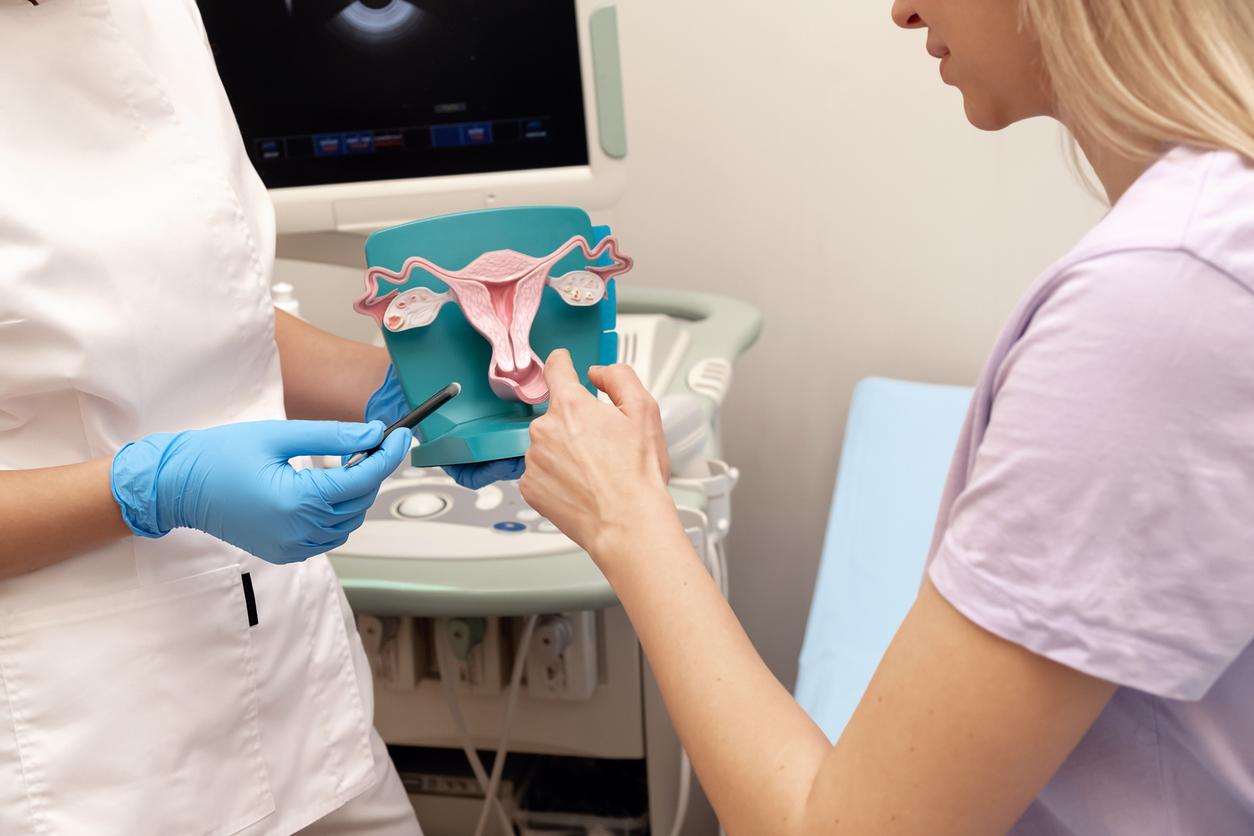The UK could become one of the first countries to legalize the “tri-parent” technique, allowing a baby’s DNA to be altered with the genes of a third person. The British government has scheduled a debate in Parliament on this subject in 2014. The aim of this therapy is to prevent mothers affected by serious genetic diseases pass on their defective mitochondrial DNA to their child. To achieve this, healthy DNA from a third person could replace it.
If this technique is used, the child will look like his biological parents because the human characteristics are found in the DNA of the cell nucleus, and not in the mitochondrial DNA. Currently, this technique is legal in laboratories, but the embryo is not allowed to be used.
Mixed reactions
The announcement of the upcoming debate in the UK sparked strong reactions in the scientific community. On the one hand, some experts want to work on this technique capable of preventing diseases. “We have every right to seek to launch a treatment that saves lives as soon as possible,” said Sally Davies, senior government adviser on public health issues, quoted by AFP.
On the other hand, specialists point out that this process is not without risks for the child, “moreover, it crosses the crucial ethical line, accepted by the governments of the whole world, according to which we should not genetically modify human beings, “David King, director of the secular organization Human Genetics Alert, which specializes in genetic issues, told AFP.

















